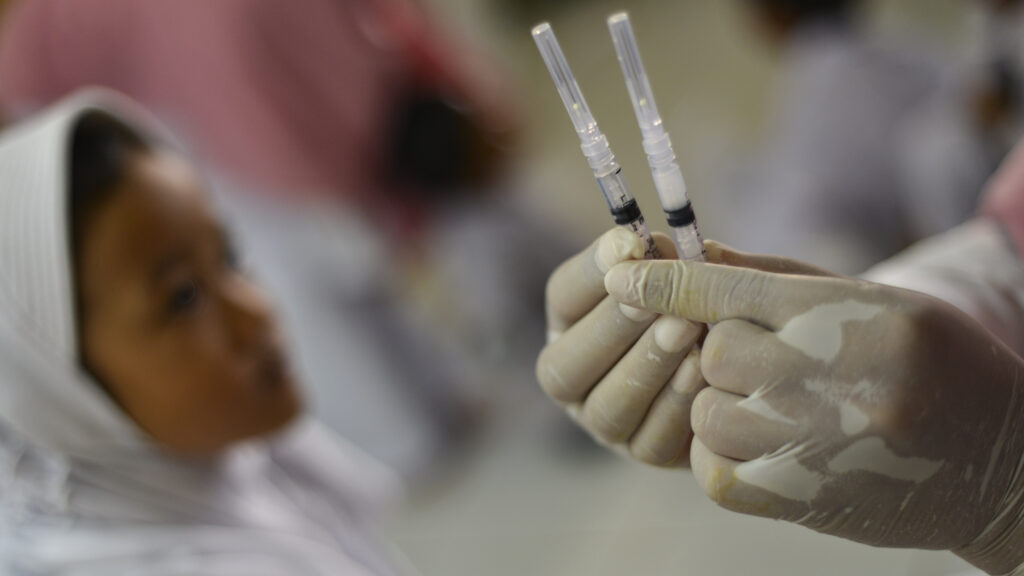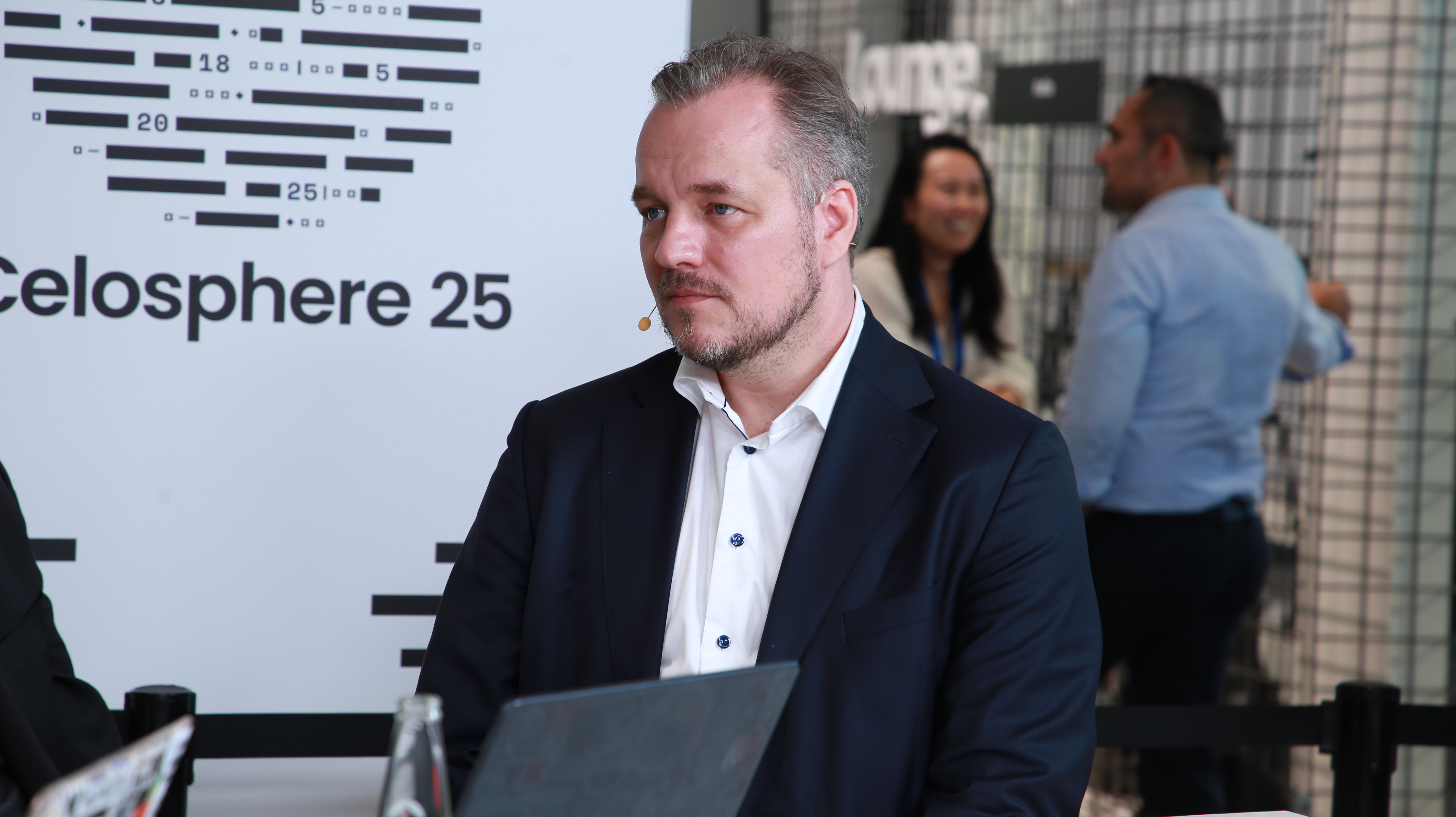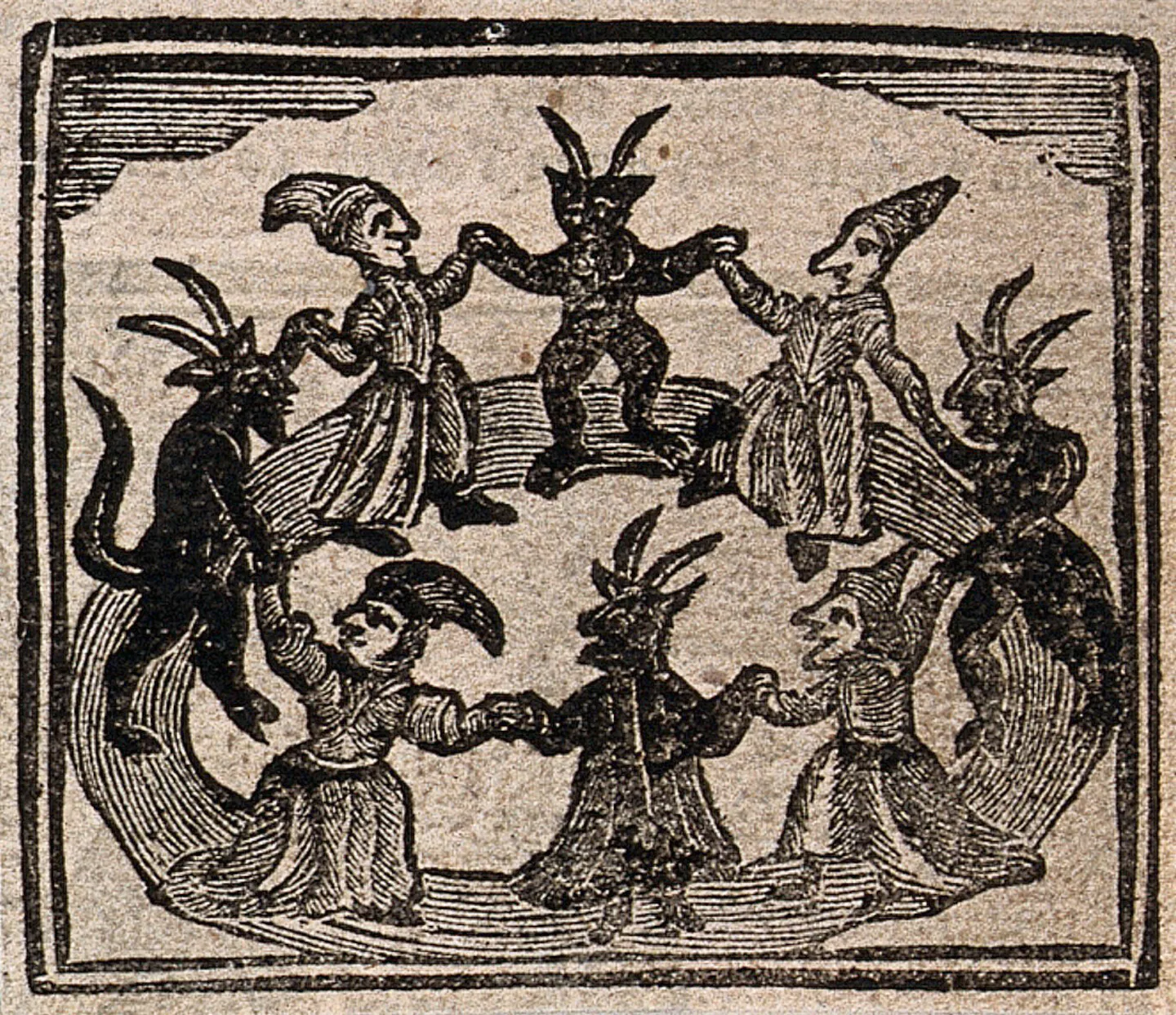Copyright STAT

We are doctors who trained continents apart: one of us in Sweden (Peterson) and one in India (Pai). As we worked during the 1980s and ’90s in those disparate countries, neither of us ever saw a case of measles, diphtheria, or whooping cough. That was not a fluke. It was because the world once chose to fight these deadly childhood infections with miraculous tools called vaccines. These safe, effective, and remarkably affordable vaccines — costing as little as 60 cents per dose through UNICEF — pushed infections like polio, measles, diphtheria, and whooping cough (pertussis) to the brink of elimination in many parts of the world, even in low- and middle-income nations. The measles vaccine alone has saved nearly 94 million lives over the past 50 years. Advertisement Fast forward to 2025. We are horrified to see measles, whooping cough, and diphtheria staging a big comeback. This week, Canada lost its measles elimination status, which means the entire Americas region has also lost that status. Kids are dying of these infections even in some of the richest regions in the world, such as Texas, Mississippi, Louisiana, Kentucky, and Alberta, Canada. This is an outrage, and a completely avoidable tragedy. We are failing children and not protecting their rights. The fact that children in 2025 are suffering from diseases that should have been consigned to history is not just a public health failure. It is a moral failure. Access to vaccines is not a privilege — it is a human right. The World Health Organization’s constitution recognizes the right to health, and vaccine access is an essential part of health care. Advertisement Furthermore, the United Nations Convention on the Rights of the Child, ratified by every country except the U.S., affirms every child’s right to the highest attainable standard of health. That includes protection from preventable diseases like measles, whooping cough, and diphtheria. Therefore, when a child dies from measles in a refugee camp in Yemen, or when a toddler in Florida is hospitalized with whooping cough because their community rejected vaccines, it is a breach of duty — by governments, by health systems, by all of us. Children have a right to vaccinations. In global health, human rights have been critical for advancing access to health care. For example, when medicines became available for AIDS, access was a huge issue in low- and middle-income countries. Activists in countries like South Africa and Brazil resorted to legal challenges to ensure universal, free access to antiretroviral drugs, demonstrating how human rights principles can be used to achieve public health goals. Advocates in Peru have used human rights as a basis for their advocacy for abortion rights. Recently, the International Court of Justice confirmed the U.N. General Assembly’s 2022 resolution recognizing a clean, healthy, and sustainable environment as a foundational human right. This paves the way for climate justice advocacy, as well as legal challenges against climate change denialism. As vaccine denialism poses a huge threat to children, it is important to use similar rights-based approaches to ensure their protection. Children rely on adults for safety, but when adults and governments are intentionally spreading anti-vax misinformation, or actively reducing access to essential vaccines, who is to protect kids and safeguard their right to health? A human rights framing and the accompanying legal instruments allow us to hold political leaders accountable. Those who intentionally spread disinformation must also be held accountable. The crisis is worsening. In 2023, an estimated 10.3 million people were infected with measles. Right now, measles outbreaks are happening in every region of the world, with large outbreaks in the United States and Canada due to dangerously low immunization rates. In these rich nations, disinformation and mistrust are the key challenges, not vaccine availability or resources. It is a matter of grave injustice today that some of the worst disinformation on vaccines is coming from the highest levels in the Trump administration, rippling across the world and exacerbated by funding cuts to GAVI, the Vaccine Alliance, as well as massive aid cuts by G7 nations. Both disinformation and funding cuts now threaten vaccinations globally. In countries like Yemen, children are dying from measles because war has shattered health systems, displaced families, and disrupted vaccine delivery. Advertisement The resurgence of whooping cough is global, with China reporting 476,690 cases and 31 deaths in 2024, a roughly 12-fold increase compared with 2023. The United Kingdom went from about 856 cases in 2023 to nearly 15,000 in 2024, with 11 infant deaths. And outbreaks spread across Africa following drops in vaccination coverage. Large diphtheria outbreaks are currently ongoing in Somalia, Sudan, Yemen, and Chad — countries with conflicts or large populations of under-vaccinated refugees, or countries with fragile health systems. We adults — parents, politicians, policymakers, professionals — owe children more than thoughts and prayers. We owe them action that is rooted in science. That means funding immunization programs in fragile states. It means countering misinformation with empathy and evidence. It means ensuring that no child is left unprotected because of where they live, what their parents believe, or how much money they have. It means continuing to invest in new vaccine research and continuing to fund global agencies that work to protect children, like WHO, UNICEF, and Gavi, the Vaccine Alliance. It also means using the courts to get justice for children. It’s a sign of the times — and a necessary shift in strategy — that we need both vaccine nurses and children’s rights lawyers. Let us not forget — diseases like measles, diphtheria, and whooping cough are a warning. If we cannot uphold even the most basic right of access to a 60 cent vaccine, how can we claim to be building a livable world for our children? And if we cannot protect the most vulnerable children in our society, how are we a civilized or advanced society? Stefan Swartling Peterson is a public health physician and Professor of Global Transformation for Health at Karolinska Institutet in Stockholm, Sweden. He served as the Global Chief of the Health for UNICEF 2016-2020, based in New York. Madhukar Pai is a public health physician, professor, and the inaugural chair of the Department of Global and Public Health at the McGill School of Population and Global Health in Montreal.



